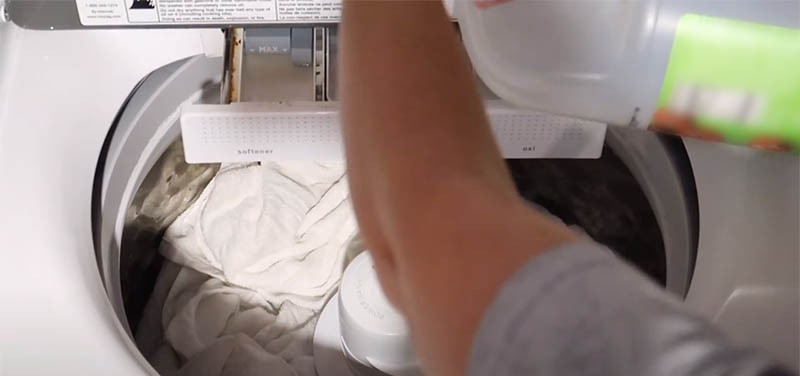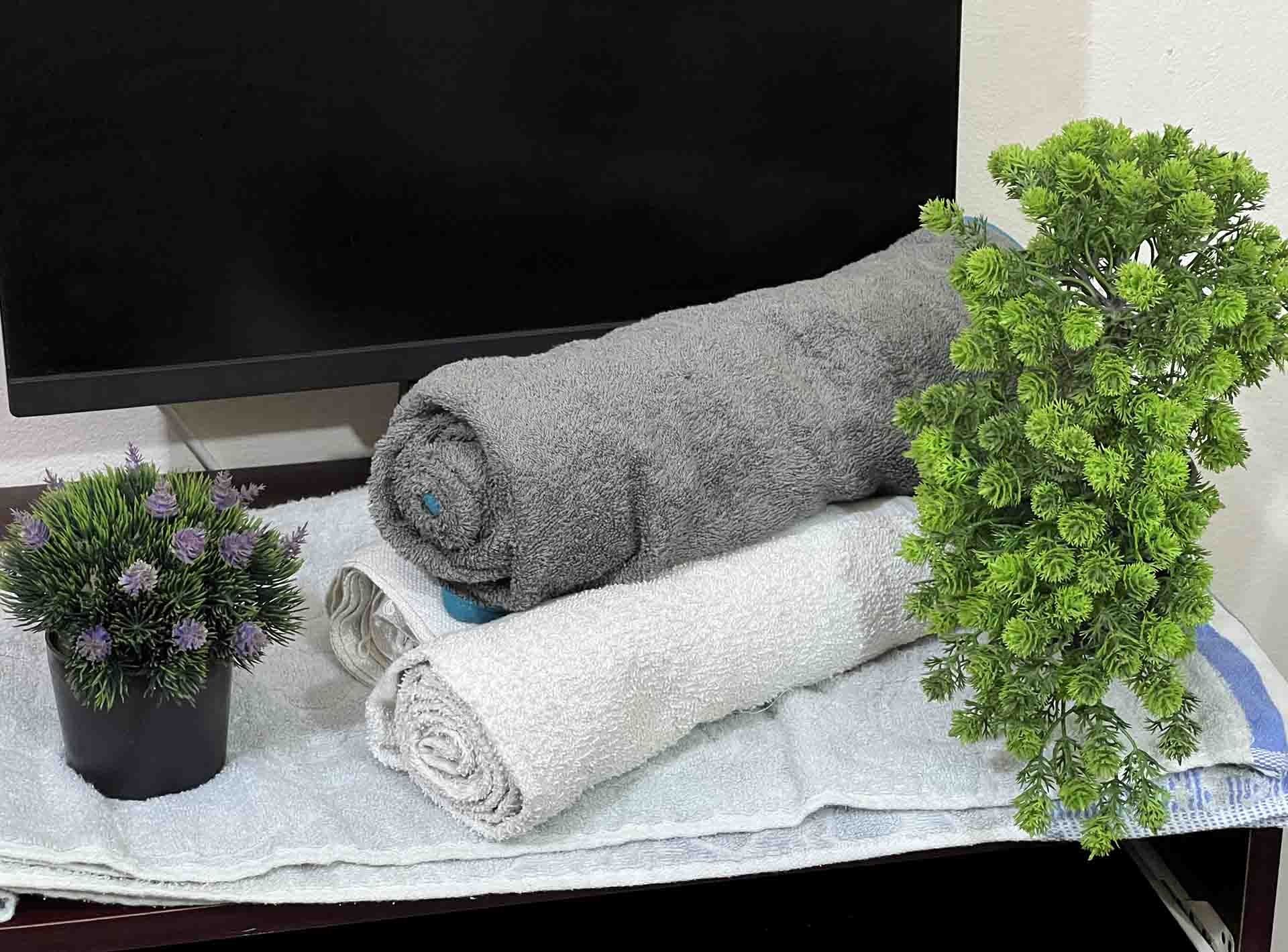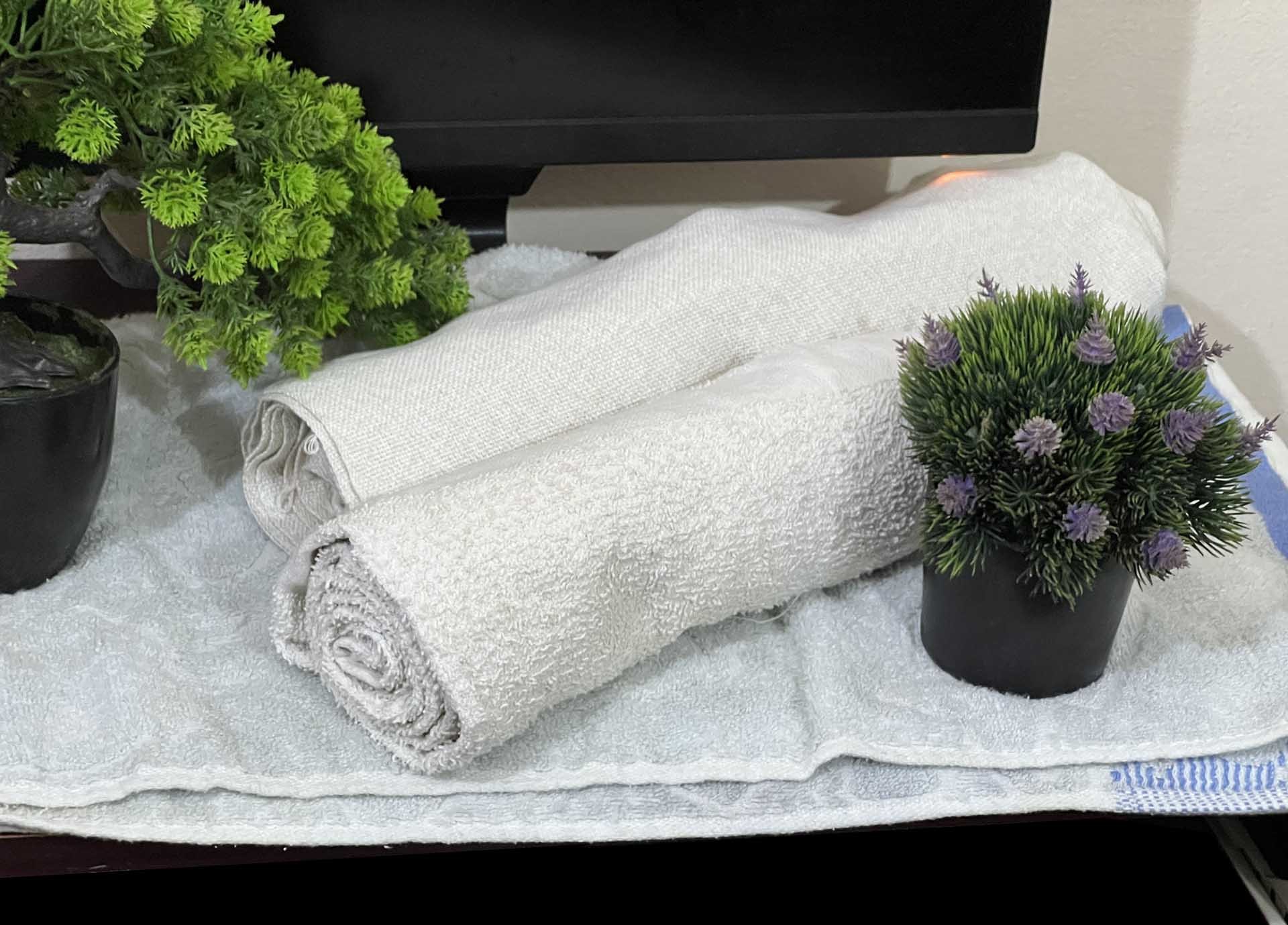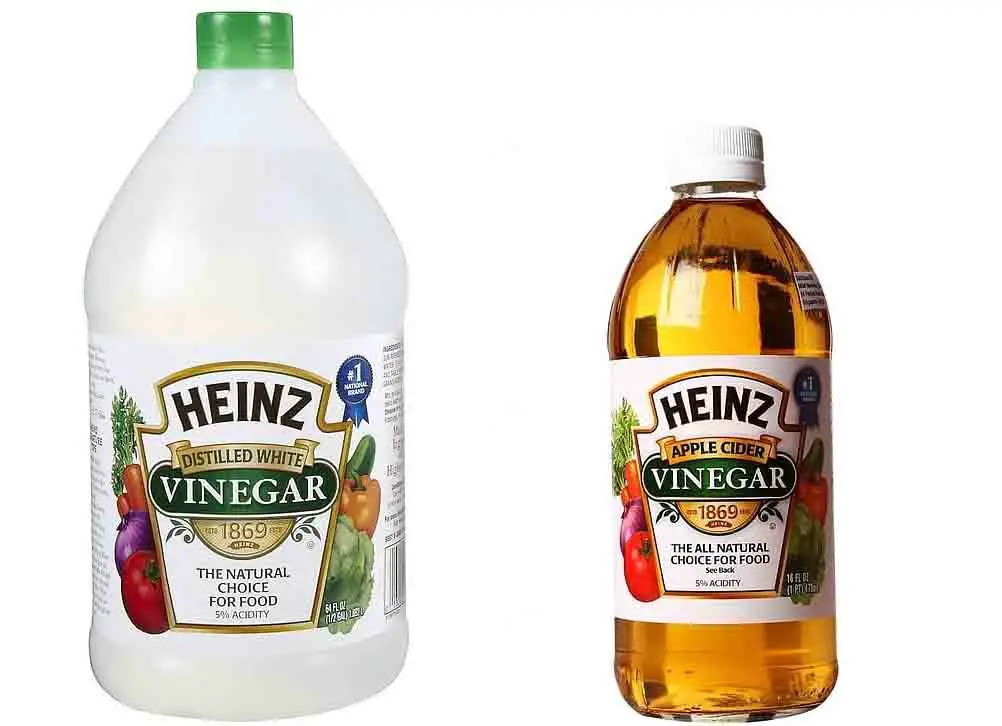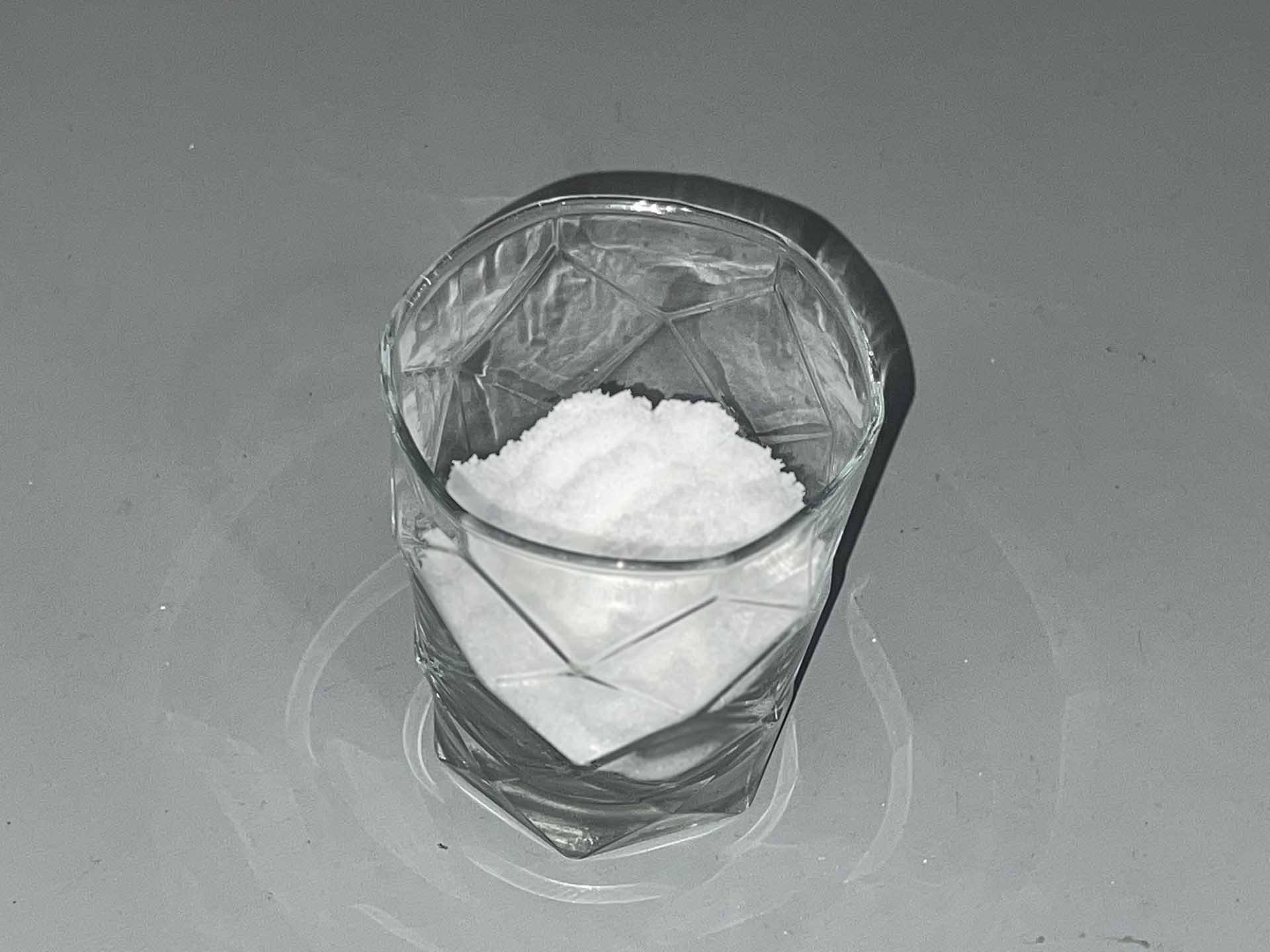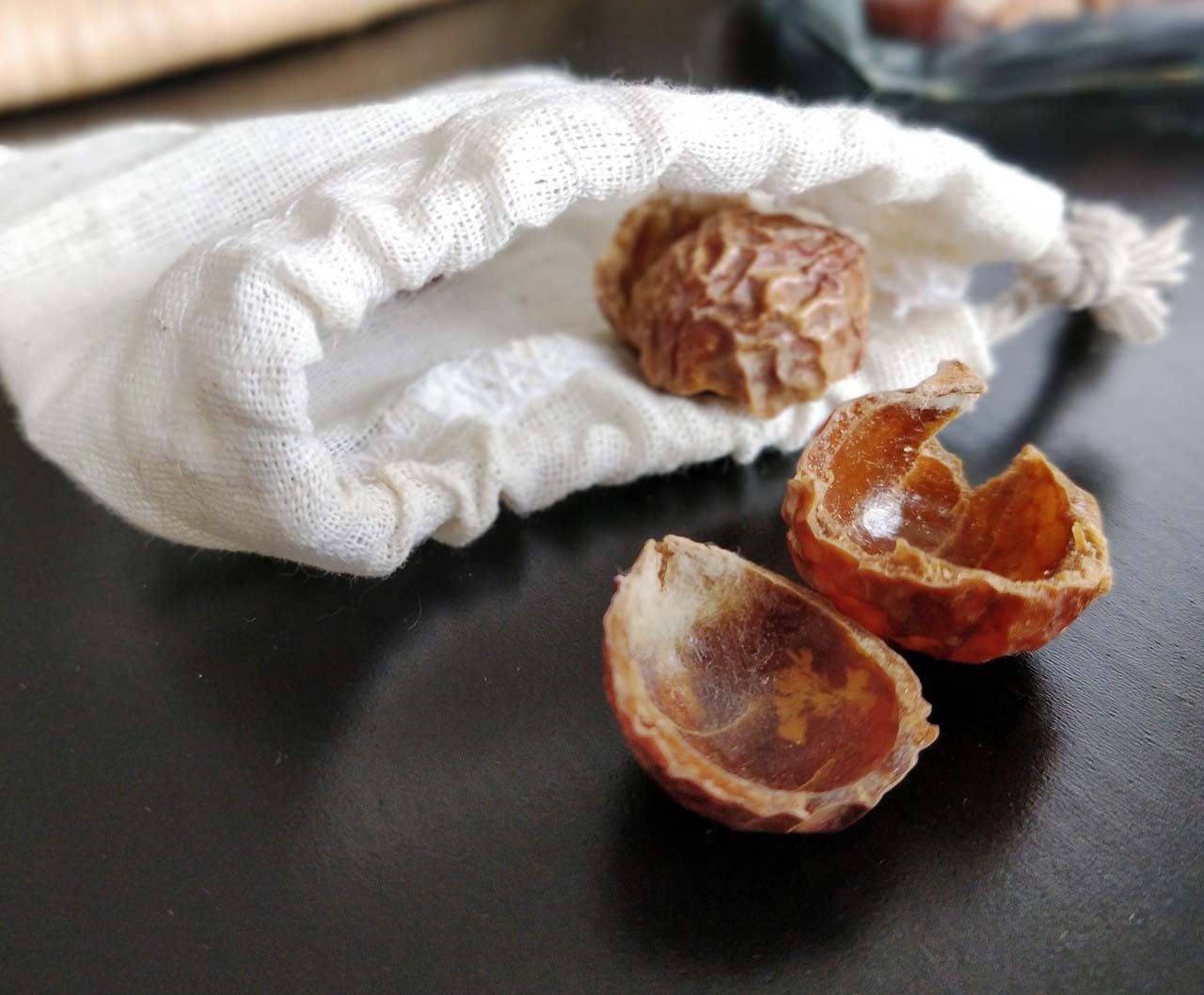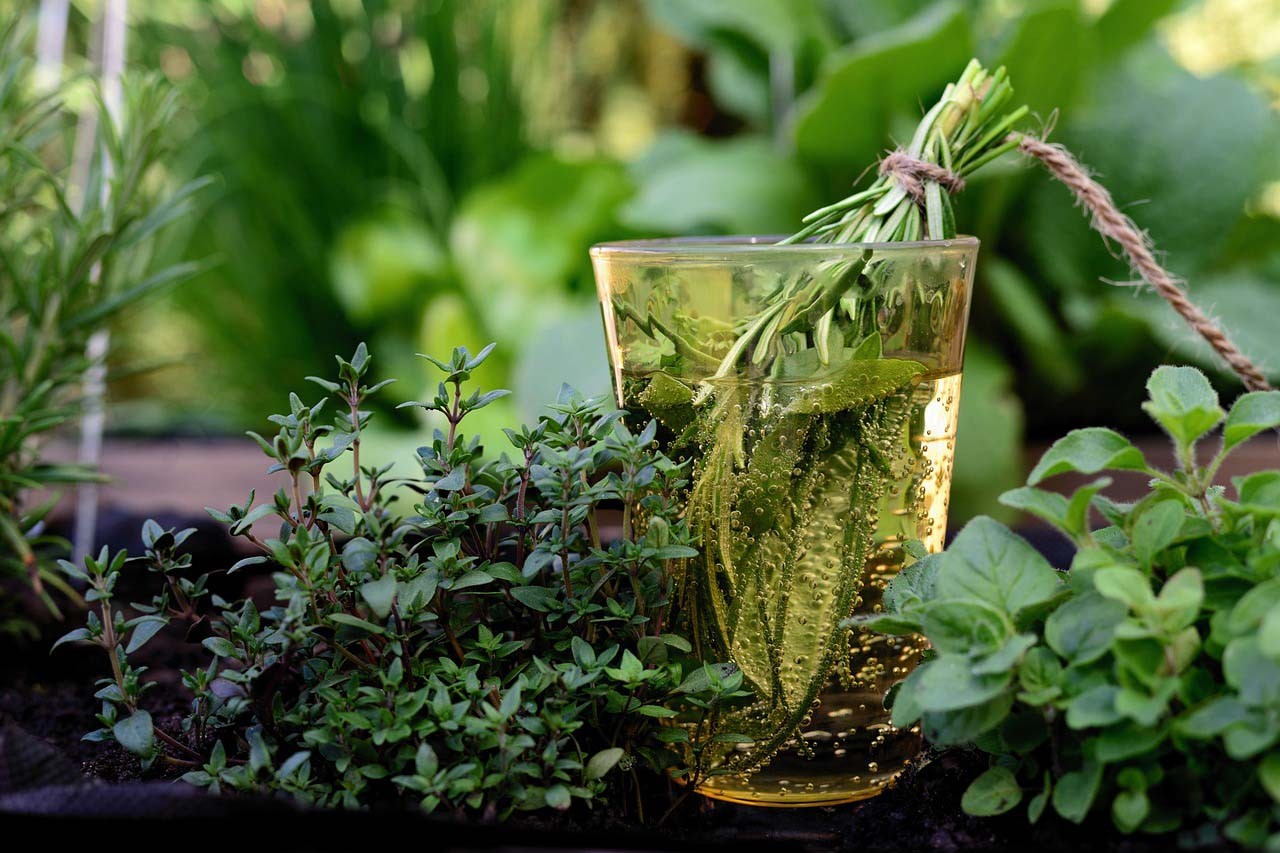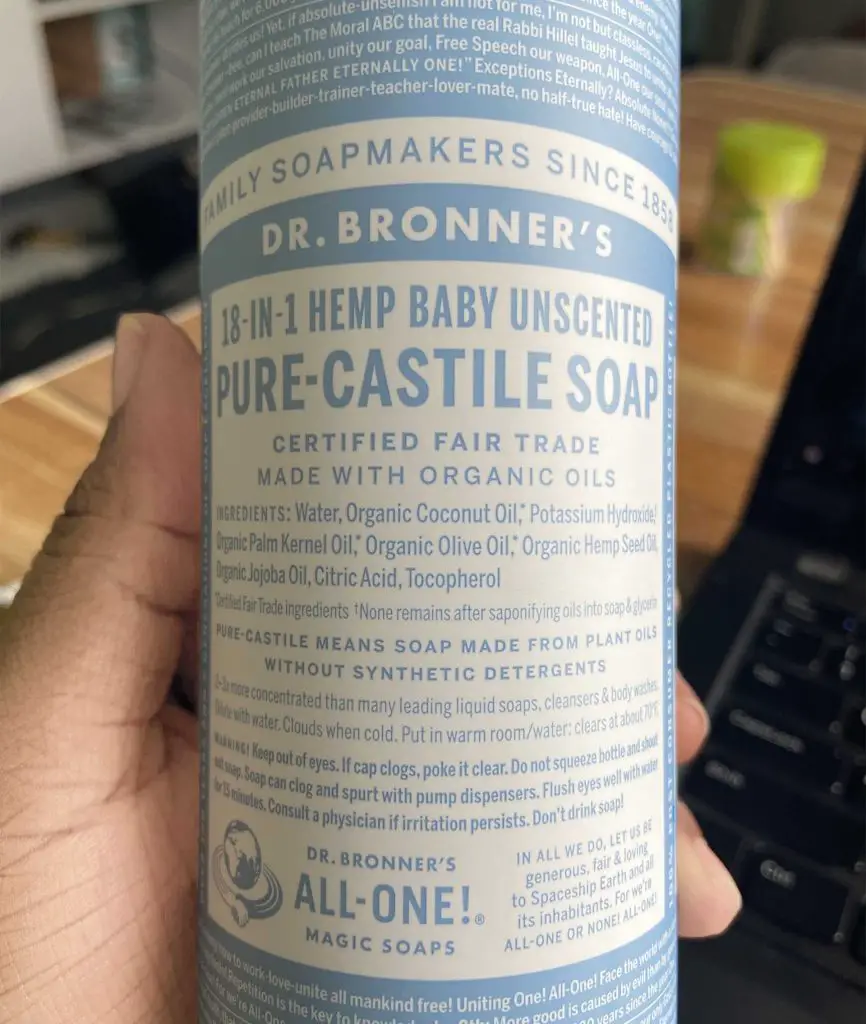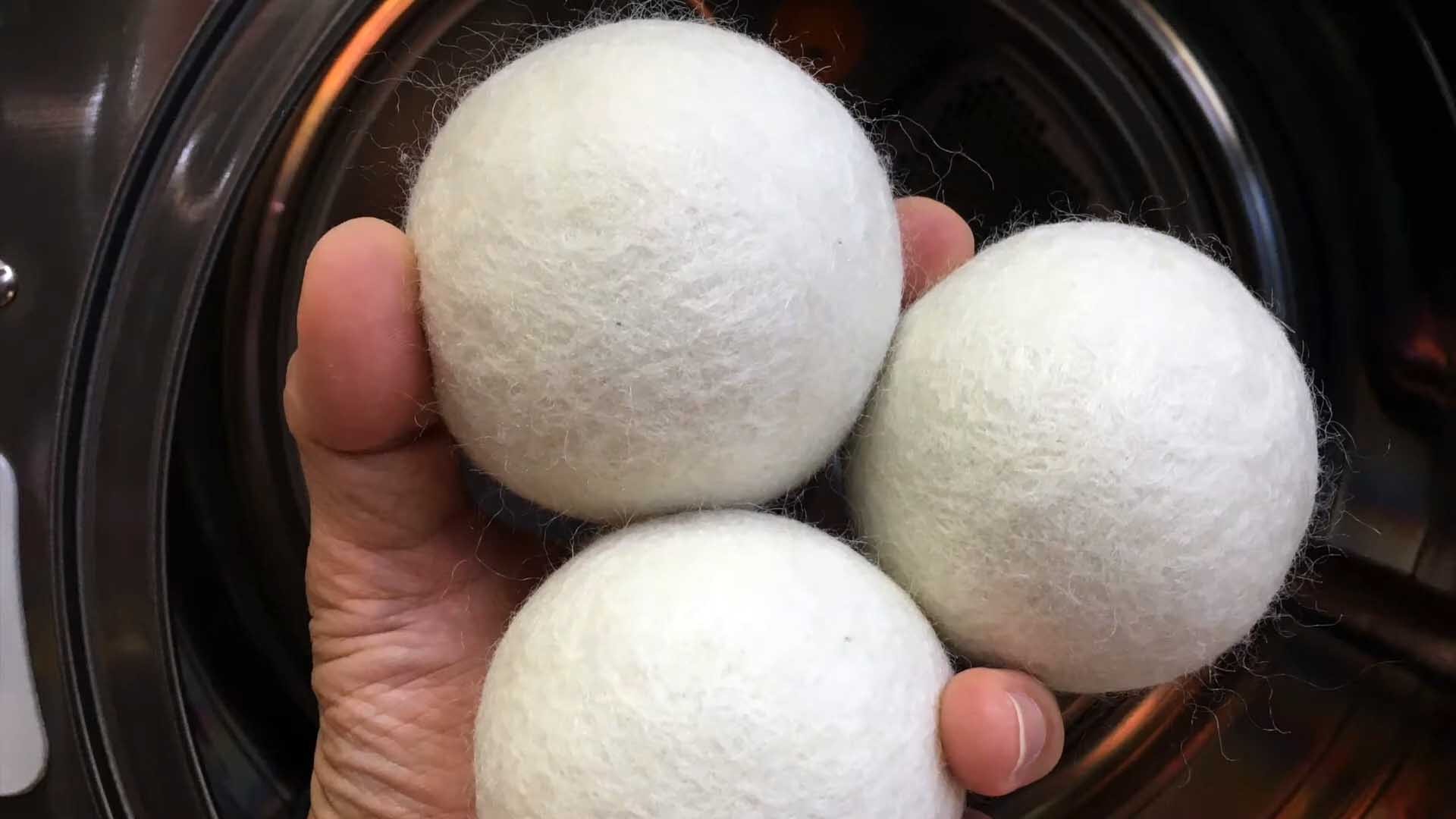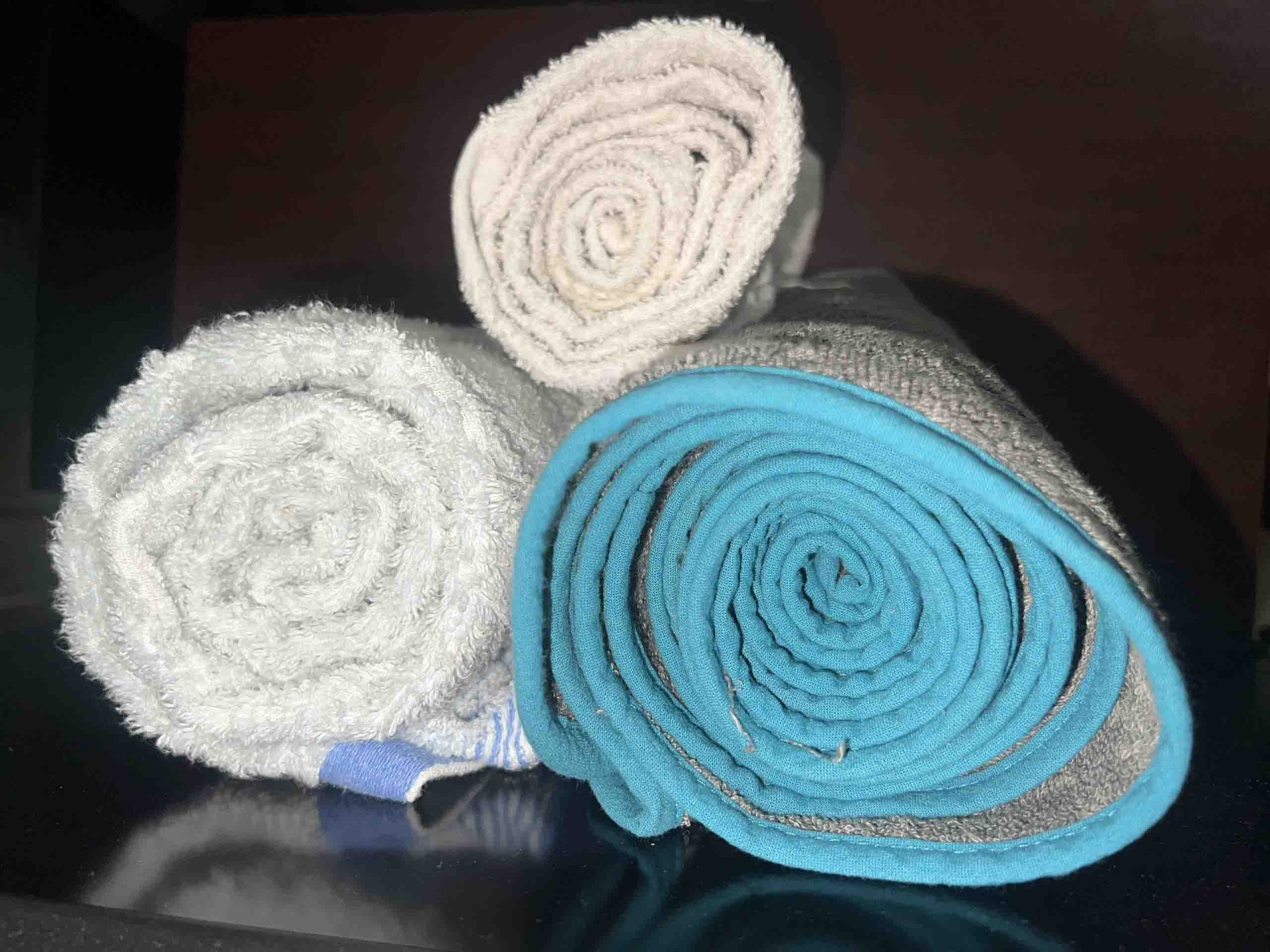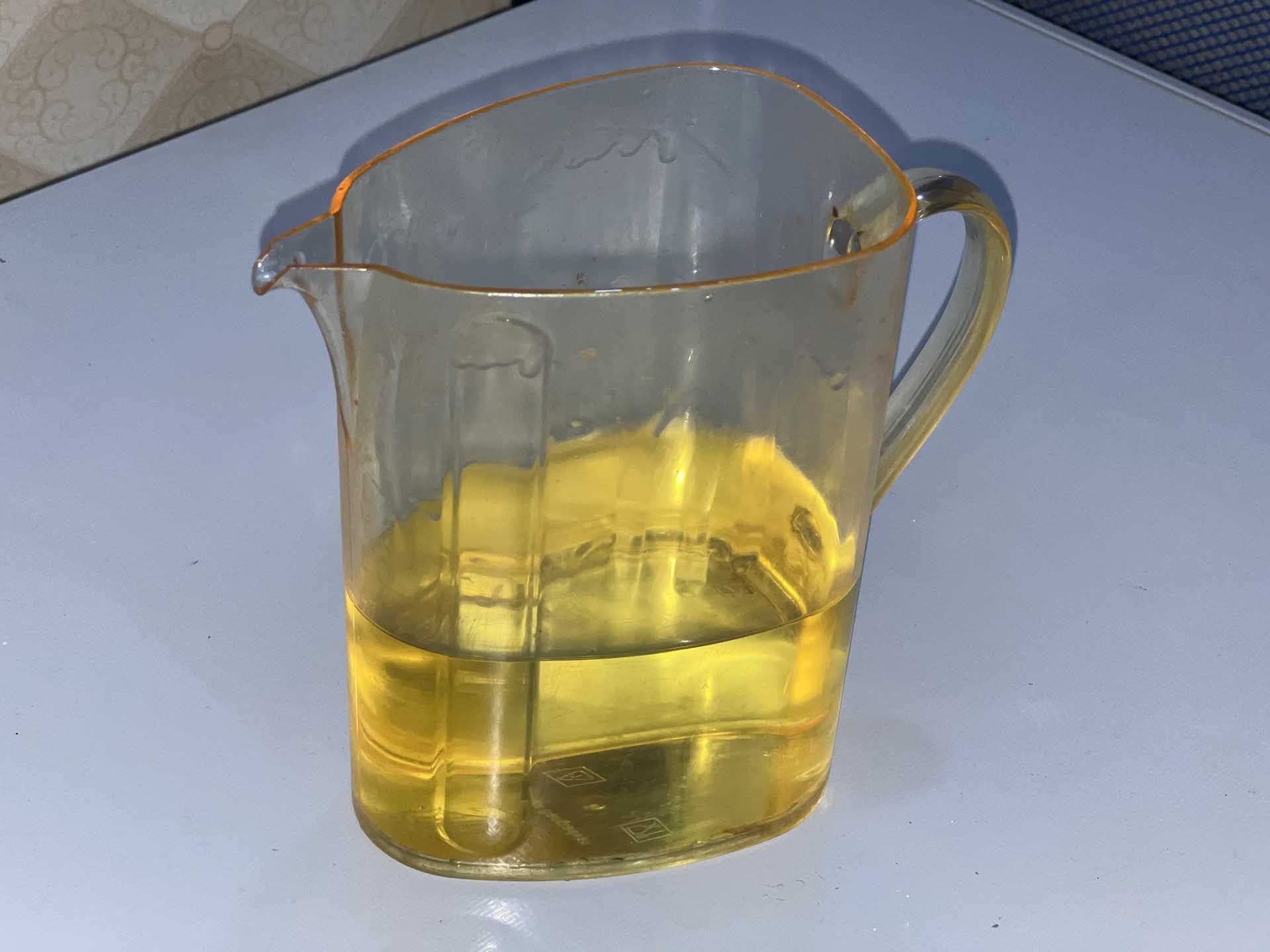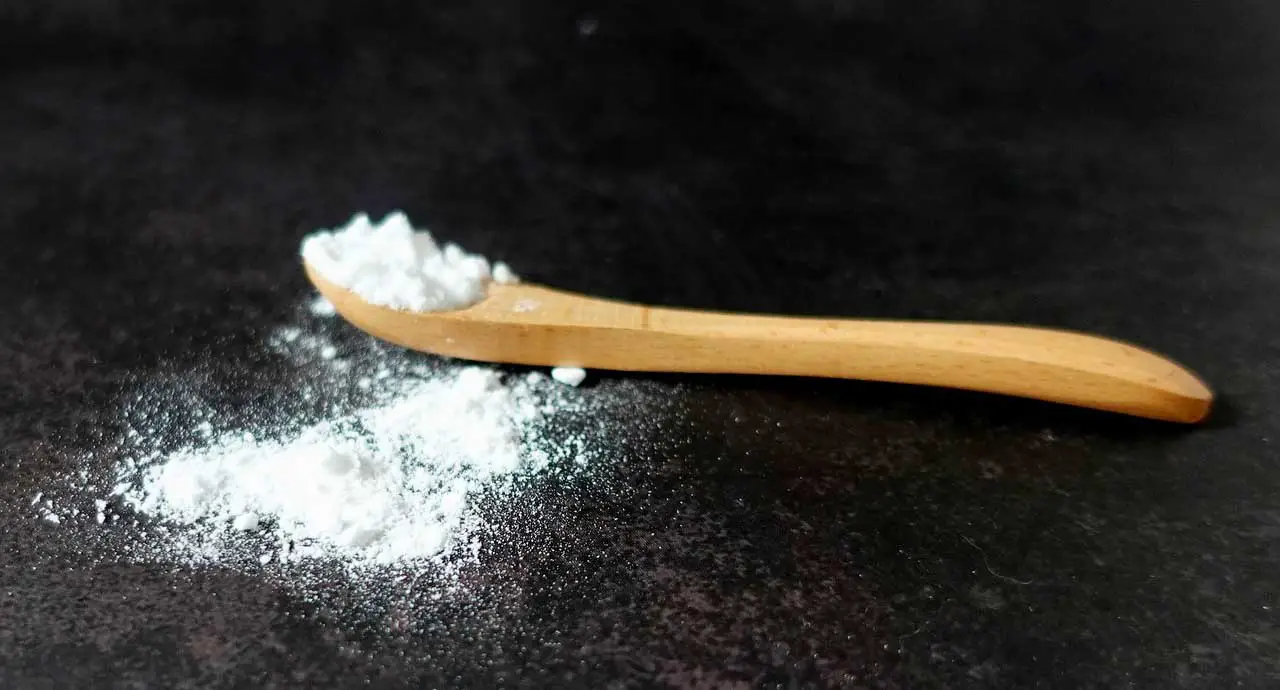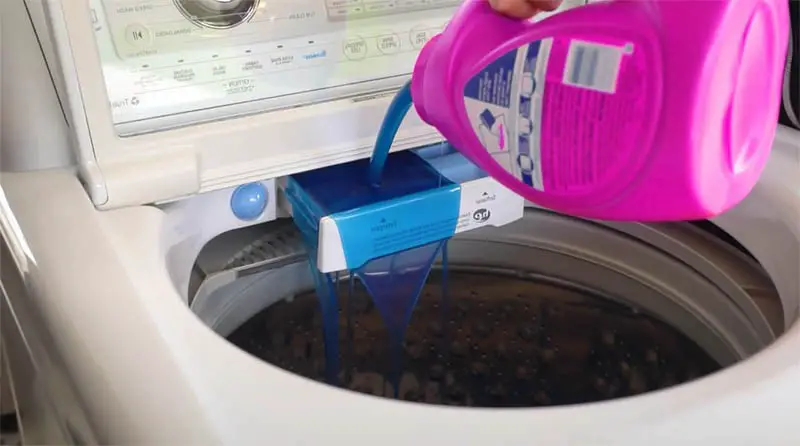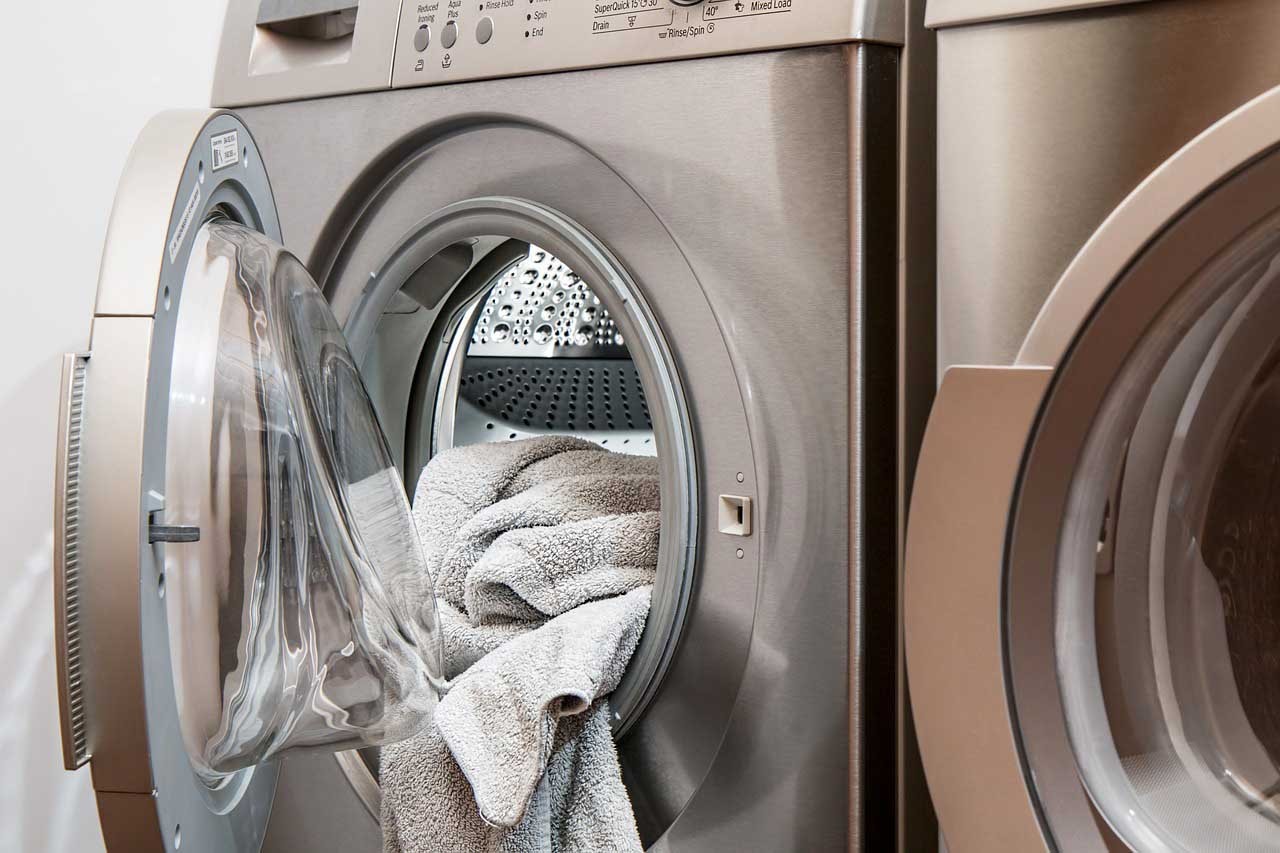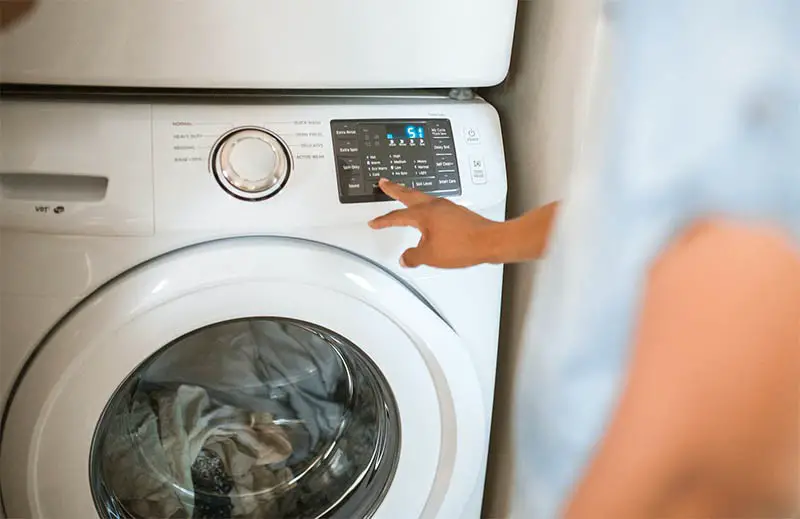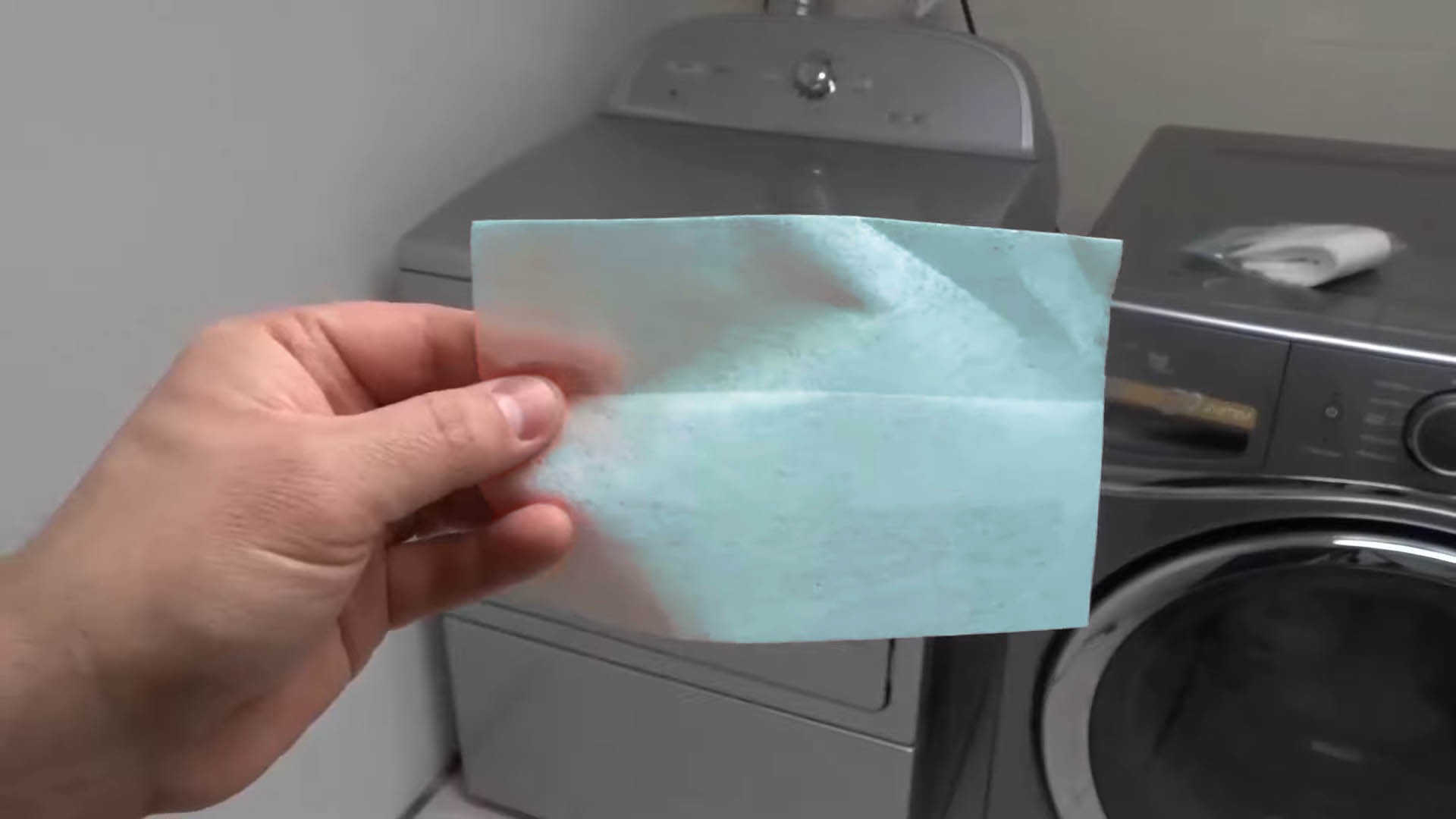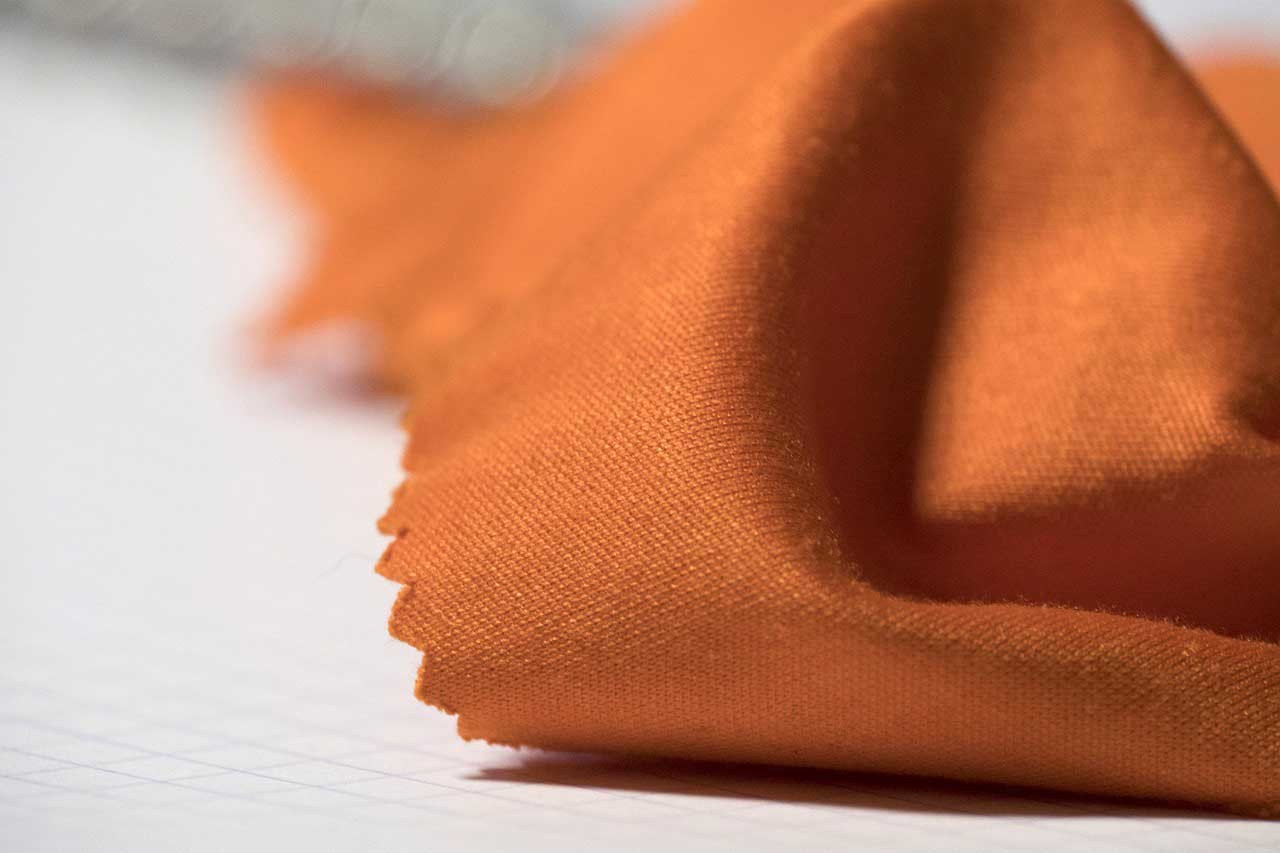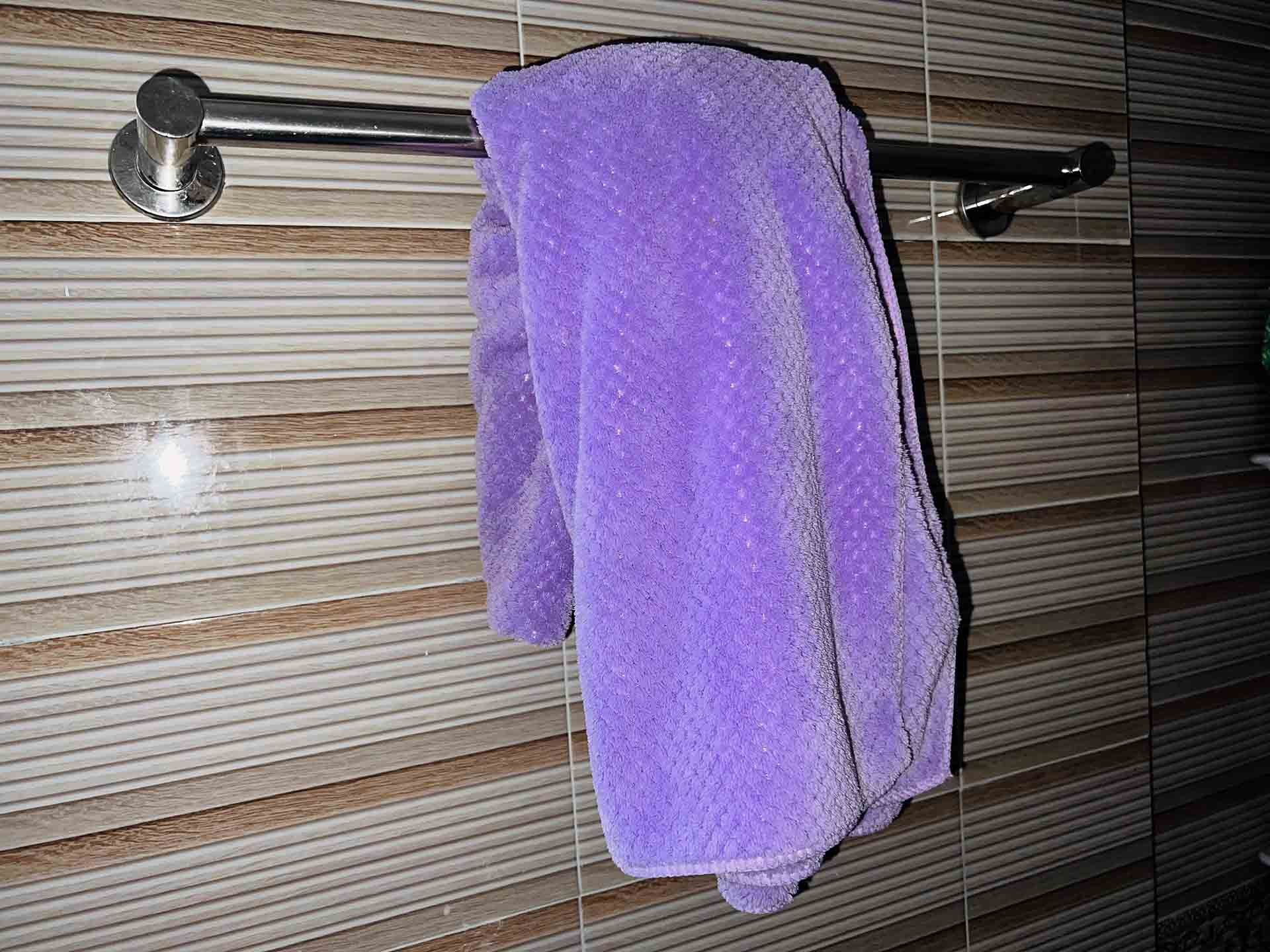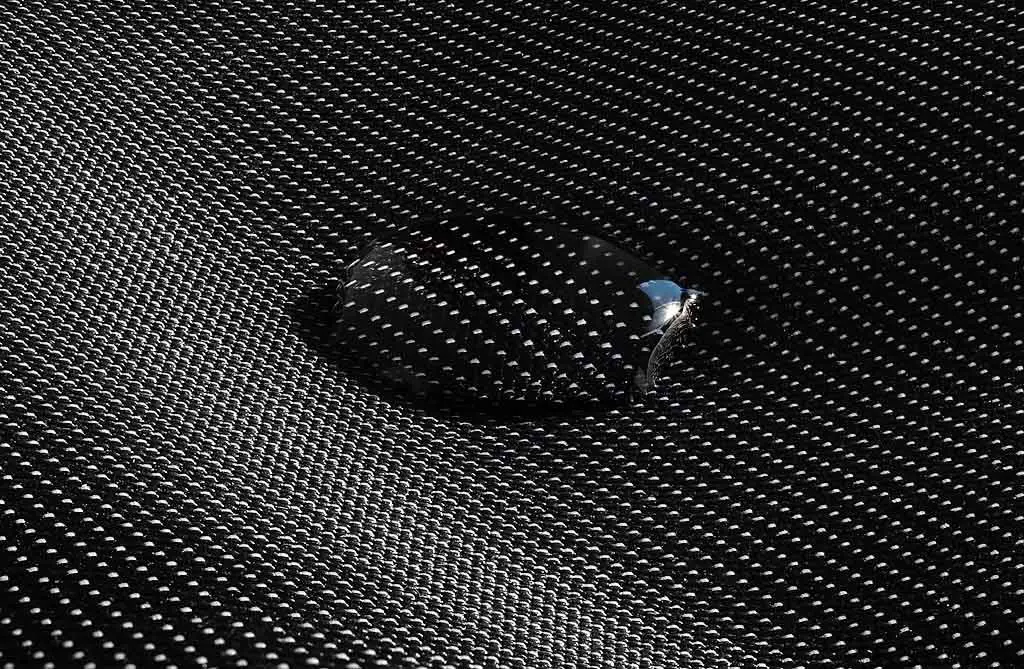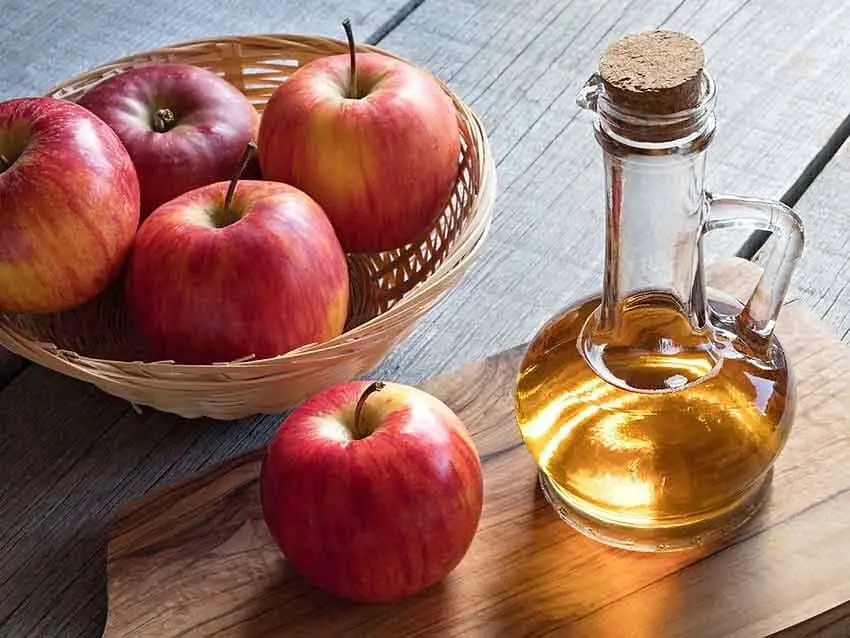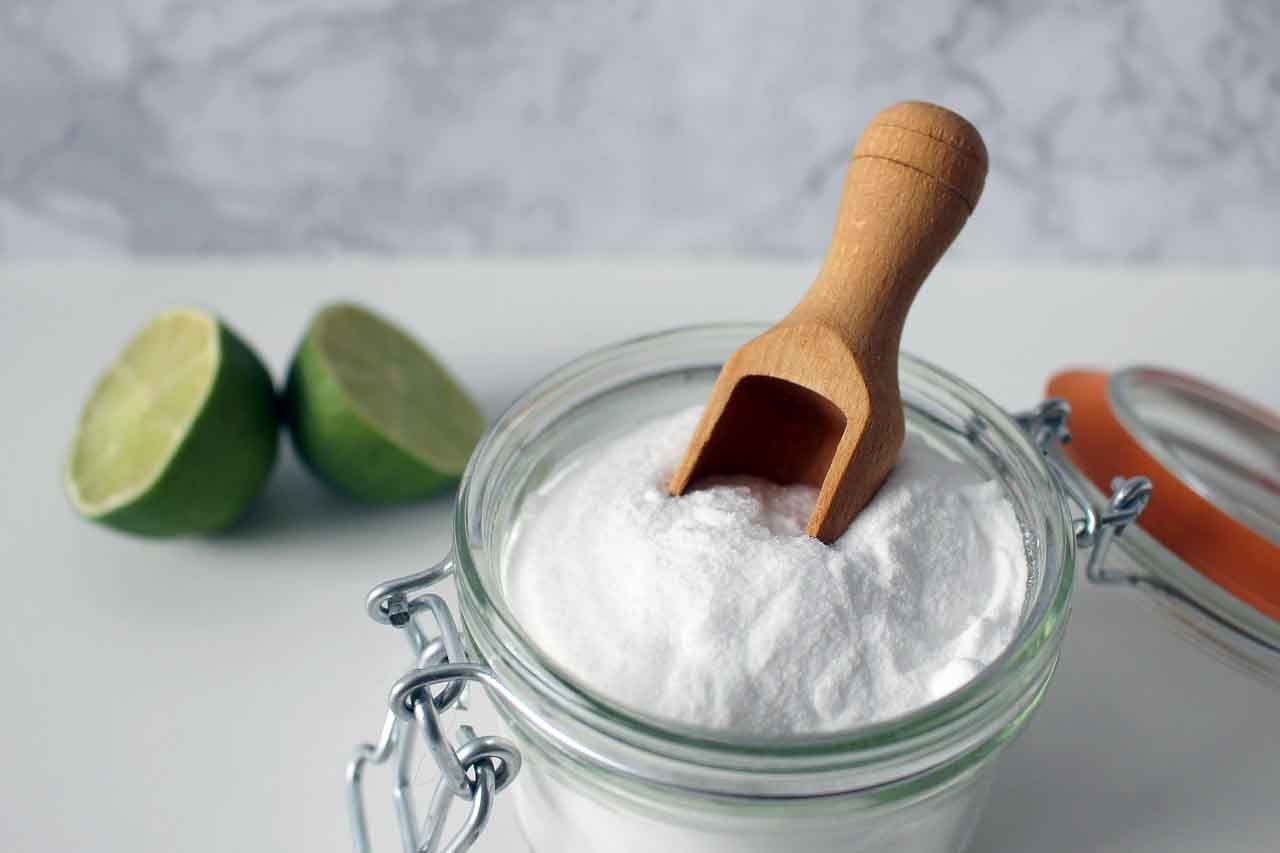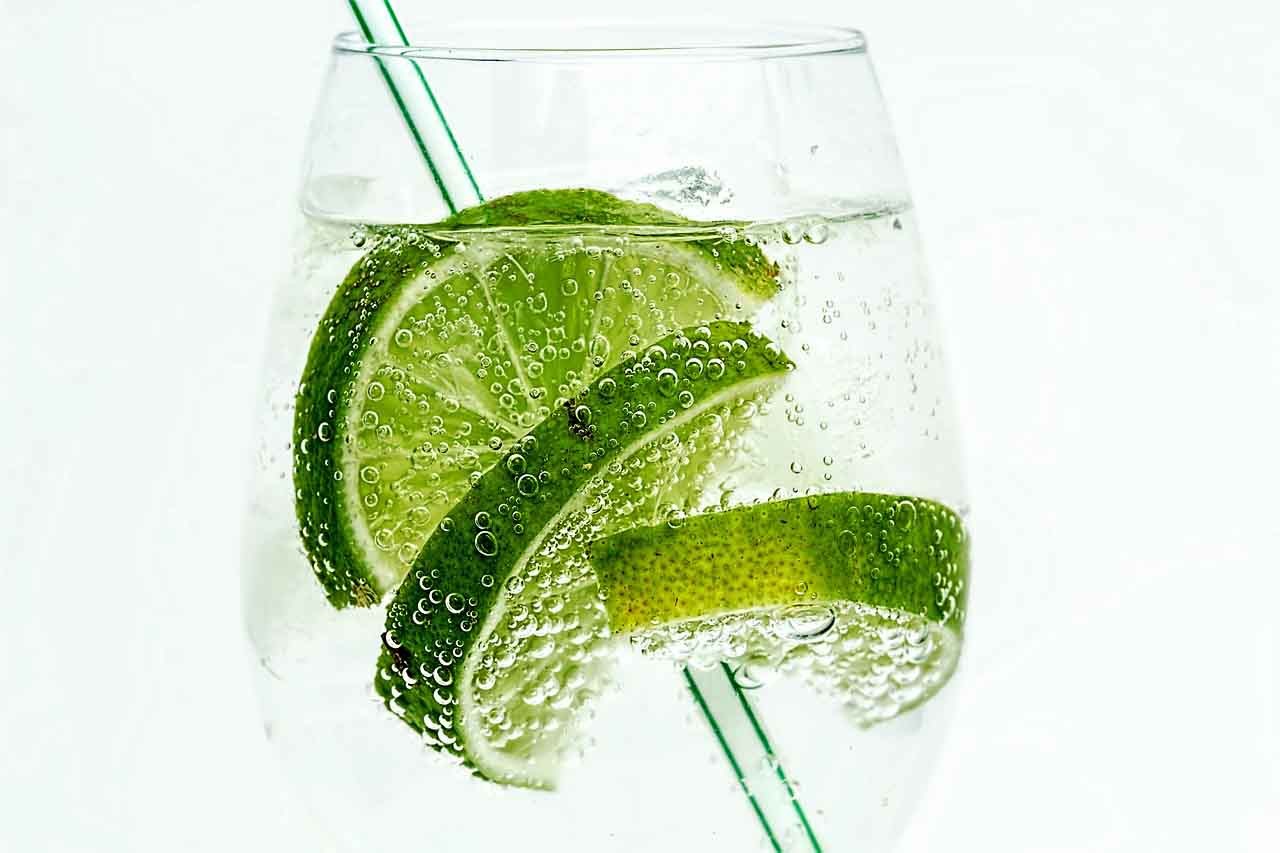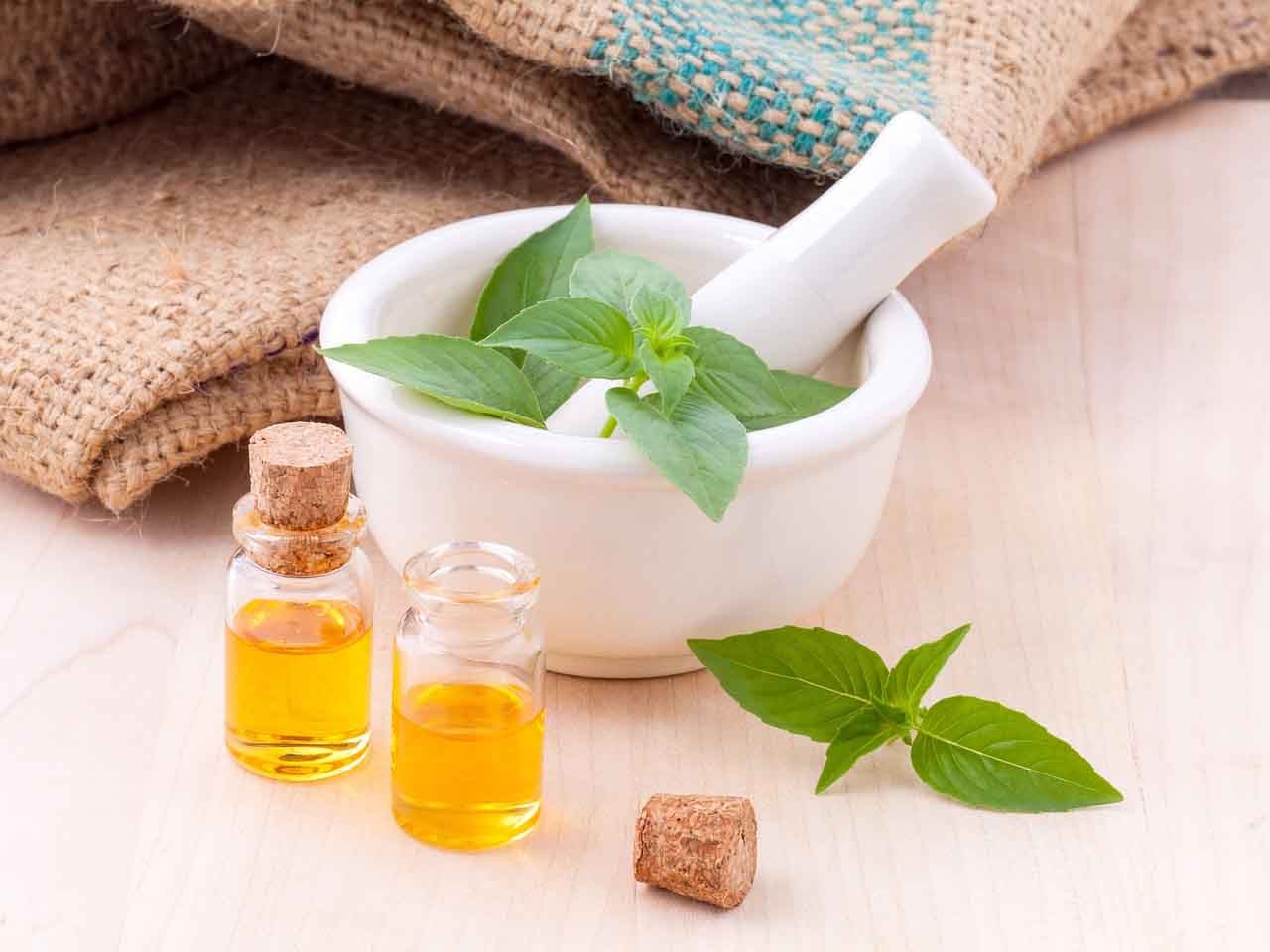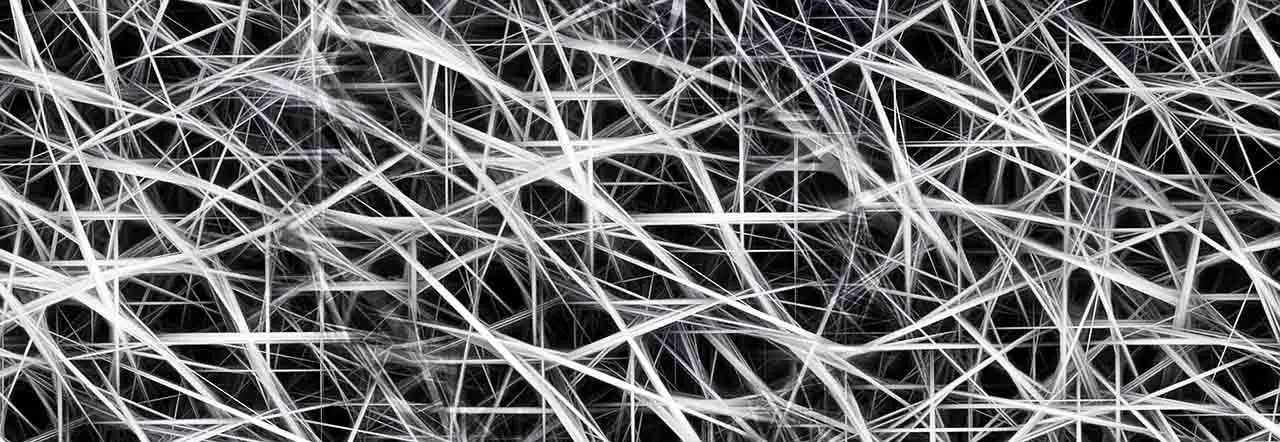Fabric softener is a staple in many households when it comes to laundry care. It’s known for making clothes, sheets, and other fabrics feel soft and smell fresh. However, when it comes to using fabric softener on towels, it isn’t recommended.
Fabric softeners reduce the towel’s absorbency. Although it softens the towel, losing absorbency isn’t good for towels. It would be best if you didn’t use fabric softeners on towels, as better alternatives are available.
I will discuss what happens when using fabric softeners on towels in this article. I will also go through relevant topics such as removing fabric softener residues from a towel, keeping your towels fluffy without using fabric softeners, etc. So let’s get started.
What Happens If You Use Fabric Softener On Towels?
Fabric softener is a beloved product for clothes. As the name suggests, it keeps clothes soft after washing. Liquid fabric softener is commonly used during the rinse cycle to condition clothes. It contains substances derived from petroleum, oils, and perfumes that work together to create a protective layer, eliminating wrinkles and static electricity. This results in softer laundry with a delightful fragrance.
However, it is something you should use when washing your towels. It is because fabric softener contains silicone oil, which coats towel fibers during the wash cycle. As a result, towels can become slick, oily, and less absorbent. Losing absorbency is the last thing you’d want with your towels.
Some experts suggest using fabric softener occasionally when washing towels, but avoiding using it altogether is best. I never use fabric softeners with my towels as there are better ways to keep my towels soft and fluffy, which I will discuss later.
How To Remove Fabric Softeners From Your Towel?
You might have already used fabric softeners with your towels unknowingly. You won’t notice anything regarding it besides the deteriorating absorbency of your towels. If you see signs of fabric softener buildup on your towels, don’t worry! Simple washing with regular detergent should be enough if the buildup is mild.
If it doesn’t work, don’t worry, there’s more. Wash your towels in hot water with a slightly more powerful laundry detergent, and add a cup of distilled white vinegar.
This combination has worked for me most of the time. You must repeat the procedure for best results if there are stubborn residues. There are other methods to remove fabric softener buildup as well. Let’s have a look:
- Use Baking Soda: Add 1/2 cup to your washing machine’s detergent compartment. It will help remove the buildup and freshen the towels.
- Wash the Towels in Hot Water: Washing towels in hot water is very helpful in removing fabric softener buildup from towels and other clothes. Make sure the water is hotter than usual.
- Dry the Towels in the Sun: It’s always recommended to line dry towels in natural air or under the sun to retain their softness. But that’s not only helpful for retaining fluffiness but also for removing fabric softener buildup from your towels. Hang the towels outside to dry in the sun. The sun’s natural bleaching properties can help remove the buildup.
How Can You Make Towels Smell Amazing Without Using Fabric Softener?
Fabric softeners aren’t just for softening clothes after washing. The name might easily fool you, but fabric softener also leaves a fresh fragrance to your clothes.
You might wonder how you can get that lovely scent in your towels without using fabric softeners. Here is how you can make towels smell amazing without using fabric softeners:
Vinegar
Vinegar works best in this case. Many think vinegar will leave an unpleasant acidic scent in clothes, but that’s not true at all. Distilled white vinegar leaves nothing but a peaceful, pleasant, and mild scent on your towels. Add a cup of white vinegar and laundry detergent to your washing machine. Set the cycle to hot for best results. For towels with mild odors, a simple white vinegar rinse should suffice.
Baking Soda
If your towels are too dirty and require a deep cleaning, add a half-cup of baking soda to the vinegar. Now complete the washing and put them in the dryer. It will remove the dirt and bad smell, deep clean the towels and leave a lasting fragrance.
Soap Nuts
You can use soap nuts to make your towels smell fresh and pleasant. They are also known as soap berries. Soap nuts offer a natural and hypoallergenic solution to traditional laundry detergents.
Unlike regular detergents, soap nuts don’t leave behind a residue that can lead to unpleasant odors in your clothes over time. Soapberries are derived from a tree and contain saponin, a natural surfactant that eliminates dirt and germs from your towels.
Use Herbal Water
You don’t need to wash towels with herbal water. Just add lavender or rosemary to the water and spray the water on the towel. Now wash the towel normally; the scent of the herbal infusion should last throughout the wash cycle. You can also sprinkle the water before folding the towels.
Castile Soap Works Great
Castile soaps are known for their fantastic scent. They are usually made from olive oil and coconut oil.
They are excellent for bathing, and if you use them to wash your towel, you will feel the lasting fragrance. There are different flavors; I suggest picking either lavender or tea tree.
Use Scented Wool Dryer Balls
Dryer sheets are a no-no for drying towels. Wool dryer balls are great for making your towel soft and fluffy.
Same drill here, like herbal water; add a drop or two of essential oil(any flavor) to the dryer ball before the dry cycle begins. Your towels will smell better than ever.
You Can Also Make Your Own Scented Detergent
You can make your detergent scented with simple ingredients. Scented detergents are available in the market, but you won’t have to look for them. Just get any detergent and add half a cup of borax, a cup of baking soda and a cup of vinegar, and a few drops of essential oil.
Now wash normally, and this homemade scented detergent will do the rest. This method is my personal favorite when I wash my towels.
Also read:- Best Towel To Wipe Down Shower: A Complete Buying Guide 2023
How Can You Keep Your Towels Soft And Fluffy?
How can you retain towels’ fluffiness without using fabric softeners? It’s easier than you think; it requires some commitment. Let’s take a look at how you can keep towels soft without using fabric softeners:
-
A Good Quality Towel Is The Key
For high-quality towels, the key lies in the quality of the cotton used. Cotton or cotton blends are popular due to their soft and absorbent fibers. To achieve a luxurious hotel-like experience, Brass, a supplier of wholesale towels to hotels in the US, advises choosing pure cotton towels weighing around 600 grams per square meter (gsm).
This weight measurement reflects the fabric’s density, with higher values indicating greater thickness and absorbency. While regular towels typically range from 300 to 600 gsm, opting for a heavier weight can provide a cozier feel.
However, Brass cautions against exceeding a maximum weight of 900 grams, as it may be impractical for everyday use. Find towels that offer a substantial weight, large thread loops, and are crafted from premium cotton for enhanced quality.
-
Wash Similar Items Together
Washing similar items is always advisable, no matter what clothing you wash. You shouldn’t add any other types of clothes when washing towels. Not all types of towels should be washed together. For example, you should always wash microfiber towels separately. If you wash jeans with towels, your towels will likely lose their smooth texture. So to make sure your towels stay soft and fluffy, wash them separately.
-
Wash Towels Regularly
They will get too dirty if you wait too long before washing towels. So you’ll have to wash them more rigorously, and in turn, they will lose their fluffy texture. So wash towels more frequently than you wash other clothes. I wash my towels every three to four days.
If you have colorful towels, washing them in warm water with color-safe bleach is the best way to keep them fresh. For white towels, hot water with non-chlorine should suffice. As I have already discussed, vinegar and baking soda work like magic for any towel.
-
Use Vinegar
White vinegar works wonders to keep your towels smooth and fluffy. Residue from laundry products can cause towels to become scratchy and dry. Adding vinegar during the wash cycle can effectively remove any soap or fabric softener residue from your towels. Vinegar is a natural washing softener, leaving your towels feeling plush and more absorbent after each wash.
You’ll be pleasantly surprised if you’re concerned about the sour scent that vinegar may leave on your clothes. Vinegar doesn’t leave a sour odor on garments; instead, it deodorizes textiles.
-
Use Baking Soda
Baking soda is a fantastic alternative to liquid fabric softeners. It provides excellent softening benefits to towels. Baking soda loosens the fibers and gets rid of product buildup. It also revitalizes towels and eliminates any unpleasant odors. With baking soda, your towels will always smell fresh and clean.
Moreover, baking soda can gently whiten clothing, making it a perfect choice for traditional white towels. It’s important to note that using chlorine bleach on white or colored towels can potentially damage the fabric. Opt for baking soda to keep your towels in the best condition.
-
Don’t Use Too Much Detergent
To ensure your towels remain soft and comfortable, washing them properly is essential. A stiff and scratchy towel is a clear sign of residue buildup. To prevent this, using a minimal amount of detergent is recommended.
By using less product, you reduce the chance of soapy residue clinging to your towels. Additionally, increasing the water in your wash cycle can help eliminate any leftover product residue.
-
Don’t Overload The Washing Machine
Cramming all your laundry into a single cycle is not a great idea. Trust me; it won’t do your clothes any favors. When you stuff too many garments into the washer, they can’t move around freely, which means the washer can’t do its job correctly. Your laundry might not be as clean and fresh as you’d like. Picture this: dull-looking towels that are only partially washed. Yikes!
Oh, and don’t even get me started on overloading the dryer. If there’s insufficient air circulation, those towels won’t come out all soft and fluffy like you want them to. Here’s a friendly tip to get the best results: stick to loading your washer and dryer with a maximum of three towels at a time, and toss in a few washcloths or hand towels. Trust me; your laundry will thank you!
-
Wash At A Specific Temperature
Cotton flattens and firms up when exposed to high temperatures. So To ensure the longevity and softness of your towels, it’s recommended to use medium heat when washing them, between 40 to 60 degrees Celsius. Unless your towels are very dirty, you can even wash them with cold water.
-
Alternate Between Drying Methods
Remember this rule for drying towels; no 100% air drying, no 100% tumble drying. After washing, shake the towels to remove excess water, then line dry. If you have space outside your house, hand the towels in a line on your lawn.
If you live in a condo, hang them in your room. Then throw them in the dryer after they are almost dry with slight moisture left. It will give you the best result to keep your towels fluffy.
-
Don’t Use Dryer Sheets
Dryer sheets are known for their ability to freshen clothing, soften materials, and reduce static and lint. However, this is achieved by using oil-based compounds similar to those found in fabric softeners, which can impact the absorbency of towels. Fortunately, there are alternative options to dryer sheets. Wool dryer balls, tennis balls, or even aluminum foil can be substitutes.
Things You Should Never Use Fabric Softener On
fabric sofa softeners are good and all, but there are certain things on which you should never use fabric softener when washing. Let’s take a look:
-
Microfiber
Microfiber cloths can effortlessly grab dust and mop up spills like nobody’s business. It’s like they were born for cleaning! But when it comes to washing microfiber, you’ve got to be careful.
Using fabric softeners might sound like a good idea, but it can take away some of their outstanding absorbing qualities.
-
Sportswear
Wicking technology is essential in various sports gear as it effectively absorbs perspiration from your skin, ensuring you stay cool during intense workouts. However, it’s important to note that applying fabric softener to certain items can create a barrier that hinders their wicking capabilities.
-
Towels
Although we all love the comfort of a soft and fluffy towel, using liquid fabric softener and dryer sheets can actually reduce the absorbency of terry cloth and similar materials. If you’ve noticed that your towels aren’t drying as effectively as they used to, consider skipping the softener every few washes. This simple change can help restore the towels’ natural absorbency and keep them at their best.
- Flame-resistant Clothes
Flame-resistant sleepwear is essential for ensuring the safety of children while they sleep, as it minimizes the risk of their sleepwear catching fire. However, it is important to note that using fabric softener when cleaning your children’s pajamas and nightgowns can affect the fabric’s flame-resistant properties.
-
Water-resistant Clothes
Fabric softeners can harm the fibers of flame-resistant clothing, which can compromise its ability to repel water. It means that if the fabric softener is used, the water-resistant feature of the clothing becomes ineffective, rendering it purposeless.
Things You Can Use When Washing Towels
Towles adore things like vinegar, baking soda, etc. If you know what to use when washing towels, you can take towel washing to the next level. Here are what you can use when washing towels:
1. Vinegar
This household staple is a miracle worker when it comes to cleaning towels. Add half a cup of white vinegar to your washing machine during the rinse cycle to remove any buildup of detergent and fabric softener, which can make towels stiff and less absorbent. Vinegar also helps eliminate lingering odors and leaves your towels soft and fluffy.
2. Baking Soda
Another multipurpose ingredient, baking soda, is fantastic for freshening your towels. Add half a cup of baking soda to your laundry along with your regular detergent. It helps remove dirt and odors and acts as a natural fabric softener, leaving your towels feeling extra plush.
3. Lemon Juice
If your towels have stubborn stains or a musty smell, lemon juice can come to the rescue. Add half a cup of lemon juice to your laundry and let it work its magic. Lemon juice has natural bleaching properties that help remove discoloration and brighten your towels. It also leaves behind a refreshing citrus scent.
4. Essential Oils
Want your towels to smell heavenly? Add a few drops of your favorite essential oil to a small cloth or dryer sheet and toss it into the dryer with your towels. Lavender, eucalyptus, and tea tree oil are all great options, as they have antimicrobial properties that can help eliminate bacteria and keep your towels smelling fresh for longer.
5. Oxygen Bleach
For tough stains and dingy-looking towels, oxygen bleach can be a game-changer. Unlike chlorine bleach, oxygen bleach is gentler on fabrics and won’t cause yellowing. Add a scoop of oxygen bleach to your washing machine along with your regular detergent, and let it work its magic. Your towels will come out looking bright and clean.
Things You Shouldn’t Use When Washing Towels
Somethings you should never use when washing towels. Using those things will ruin the towels. Here is a list of those things:
1. Fabric Softeners
Fabric softeners may make your clothes feel softer, but they can do more harm than good when it comes to towels. They leave a coating on the fibers, reducing their absorbency and making them less effective at drying. Instead, opt for a gentle detergent that will clean your towels without leaving any residue.
2. Extremely Hot Water
While hot water is excellent for sanitizing some items, it’s not the best choice for washing towels. Excessive heat can cause towels to shrink, lose color, and weaken the fibers. Stick to warm or cold water settings to preserve the softness and quality of your towels.
3. Excessive detergent
Too much detergent can leave residue on your towels, making them less absorbent and prone to build up over time. Follow the manufacturer’s instructions for the correct amount of detergent to use, and consider using a detergent specifically designed for towels or sensitive skin to avoid any potential irritation.
4. Chlorine Bleach
Although bleach is known for its stain-removing properties, it can weaken the fabric and cause discoloration. Instead, opt for non-chlorine bleach alternatives or natural stain removers to keep your towels looking fresh without compromising their quality.
5. Dryer Sheets
Like liquid fabric softeners, dryer sheets can leave a waxy residue on towels, reducing their absorbency. It’s best to avoid using them altogether when drying your towels. Alternatively, you can use dryer balls or hang your towels to air dry for a more eco-friendly and practical approach.
FAQ
Now that you know anything and everything regarding effects of fabric softeners on towel, here are some associated questions and answers to further amplify your knowledge:
Why do towels get hard after drying?
A little water attached to the towel surface works as glue, holding the cotton fibers together. According to a new study, an air-dried cotton towel’s stiff, crunchy sensation is generated by a small amount of leftover water “gluing” the fibers together.
How often should you replace towels?
Changing bathroom towels every two to five years and kitchen towels and washcloths every year or two years is a good idea, depending on quality.
How do hotels get their towels so soft?
Egyptian cotton, which is softer, fluffier, and cozier than regular cotton, is preferred by high-end hotels. Although Turkish cotton is lighter than Egyptian cotton, some hotels utilize it in their towels.
Conclusion
While fabric softeners can provide towels with a soft and fluffy texture, they may also reduce their absorbency over time. The purpose of fabric softener is to keep your clothes soft and fragrant, which you can achieve using vinegar and baking soda for your towels. So for towels, you should never use fabric softeners.

